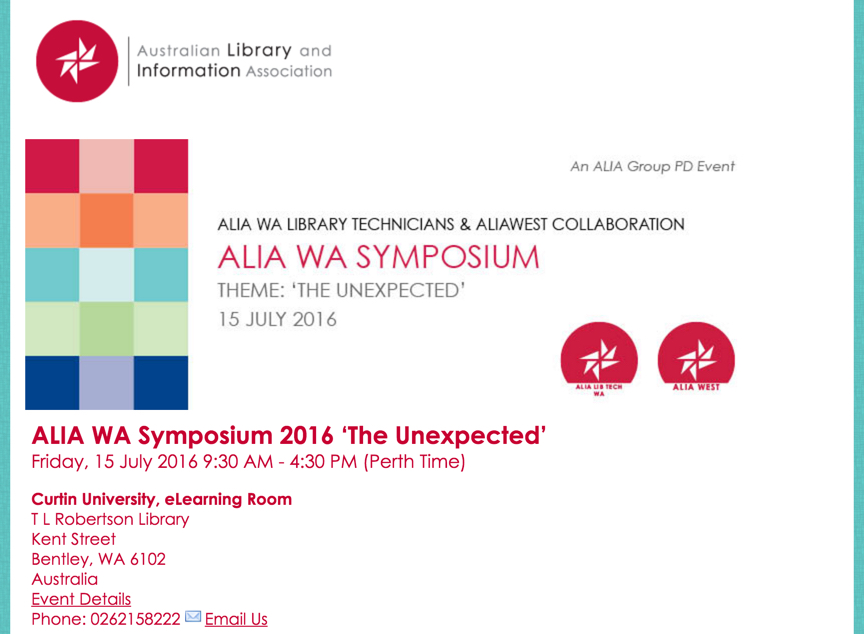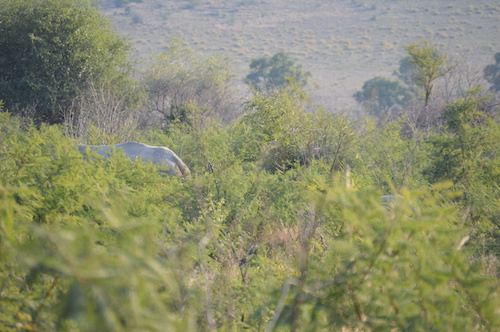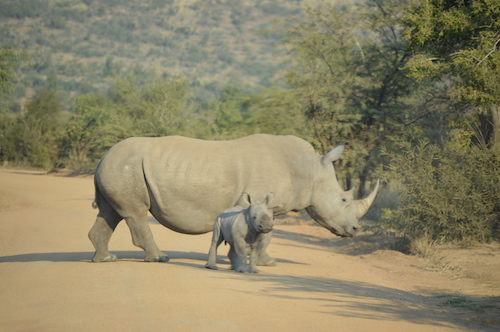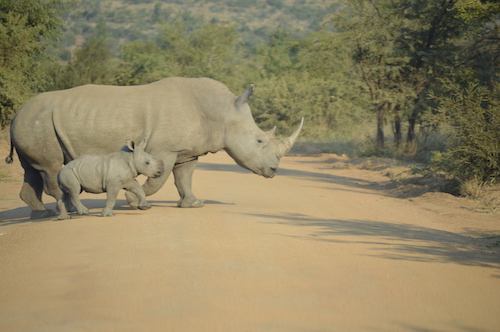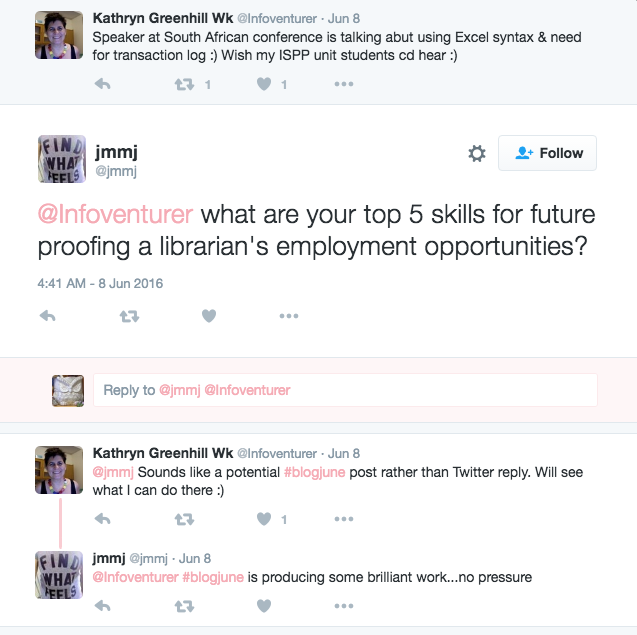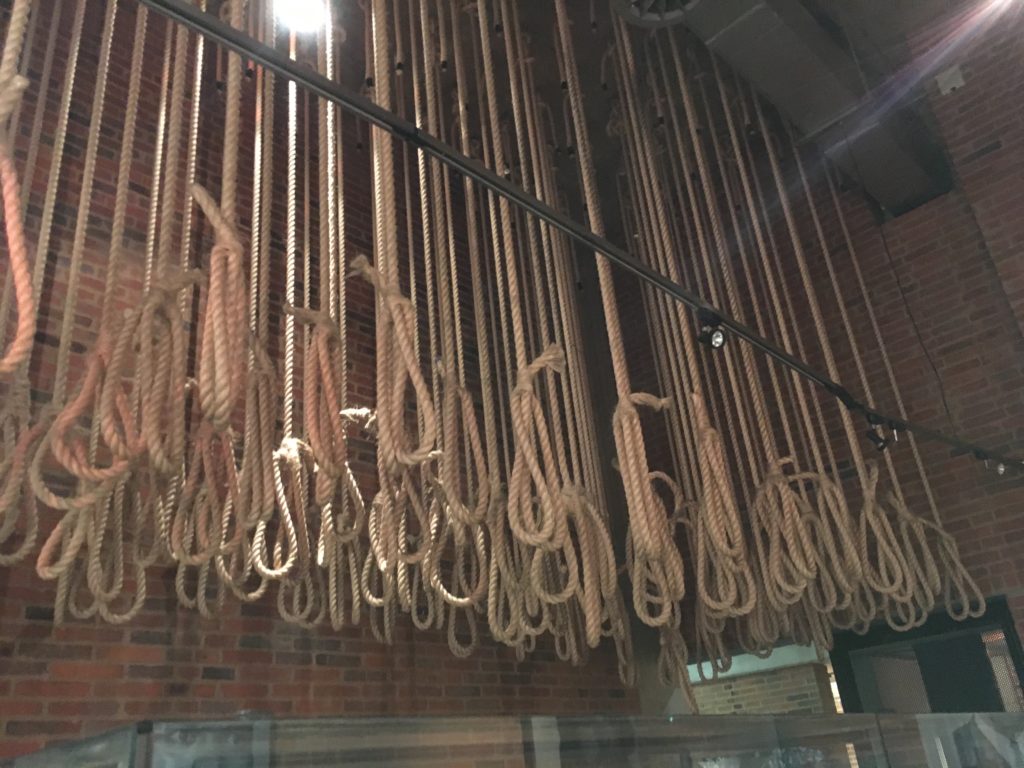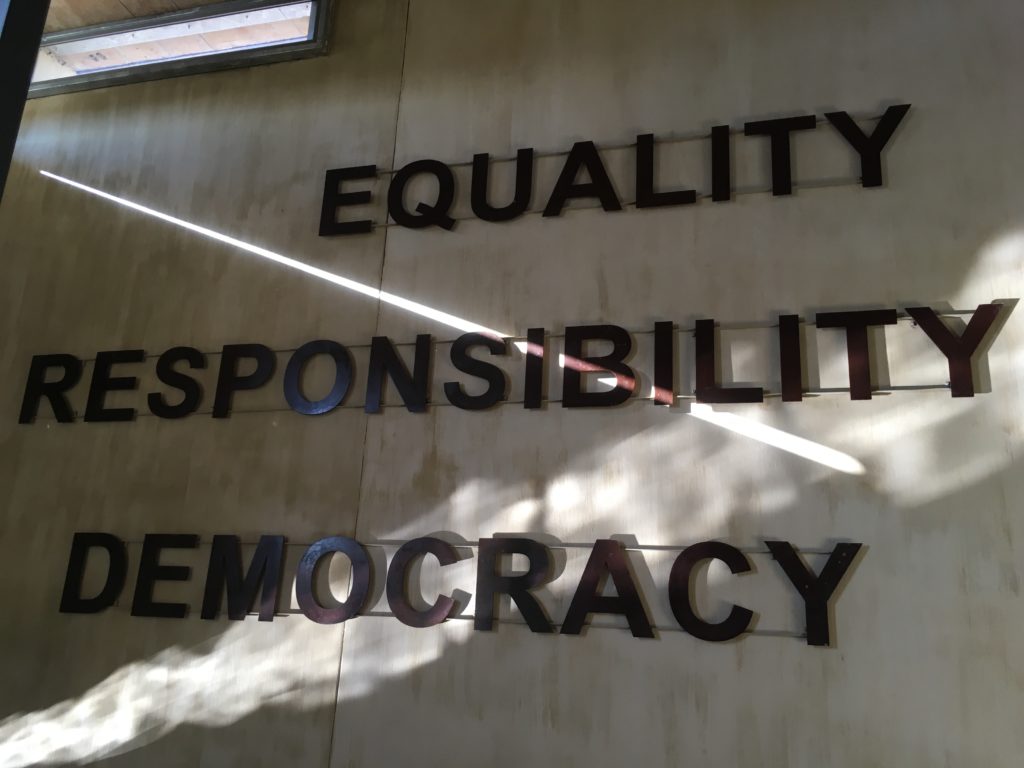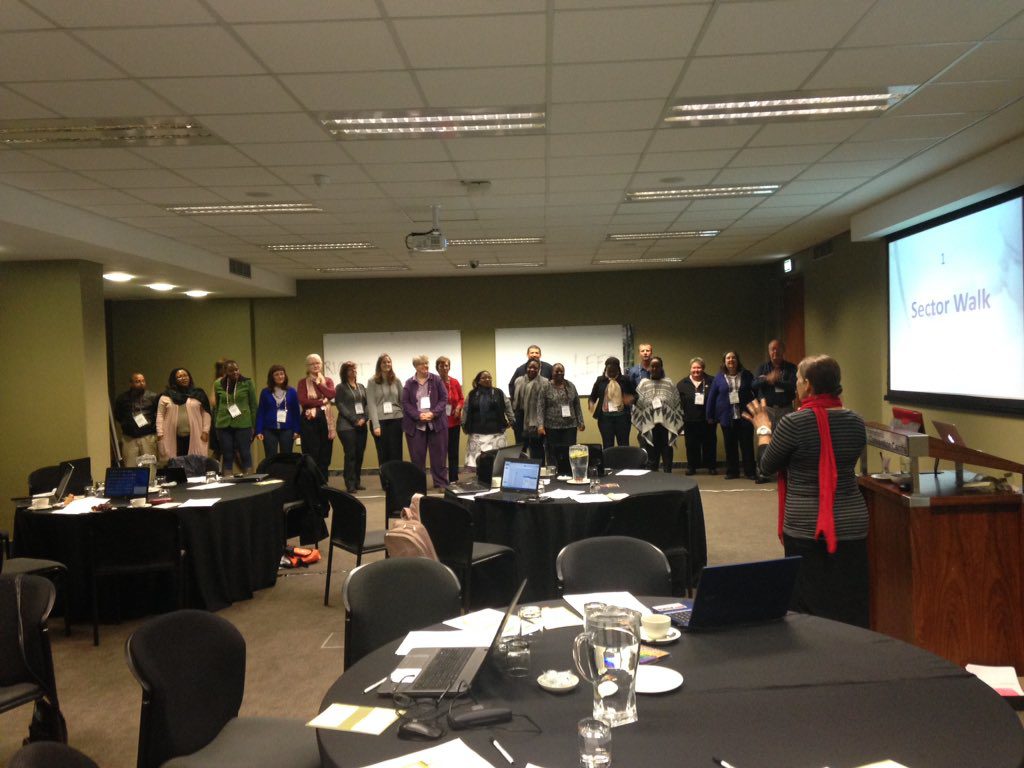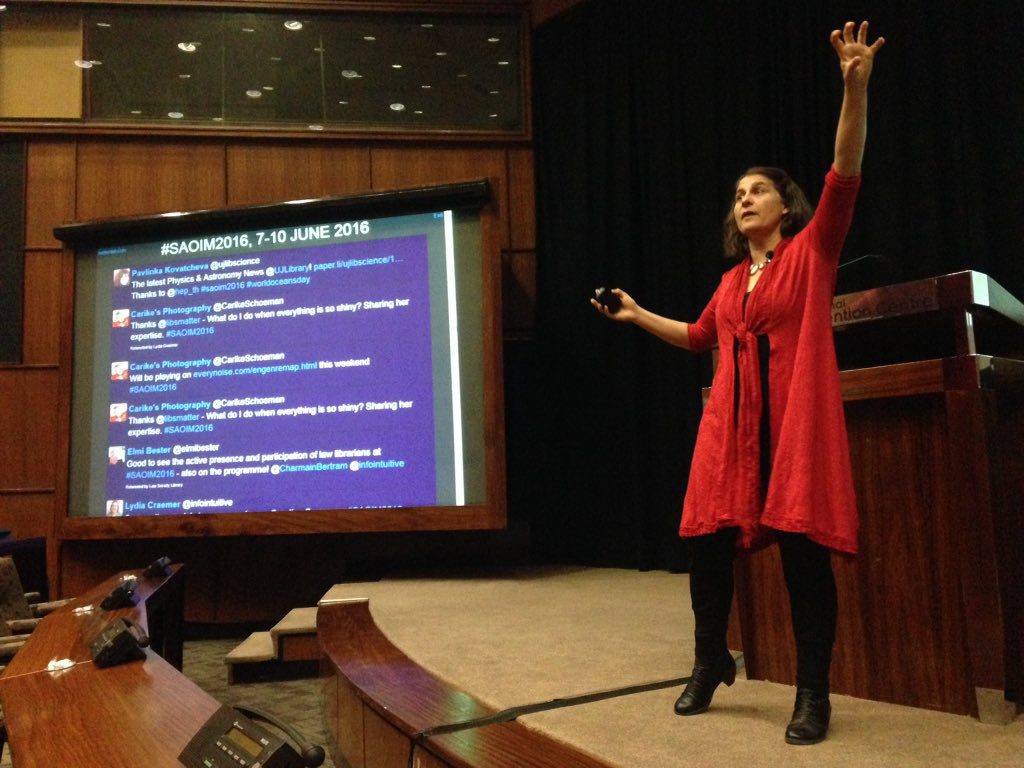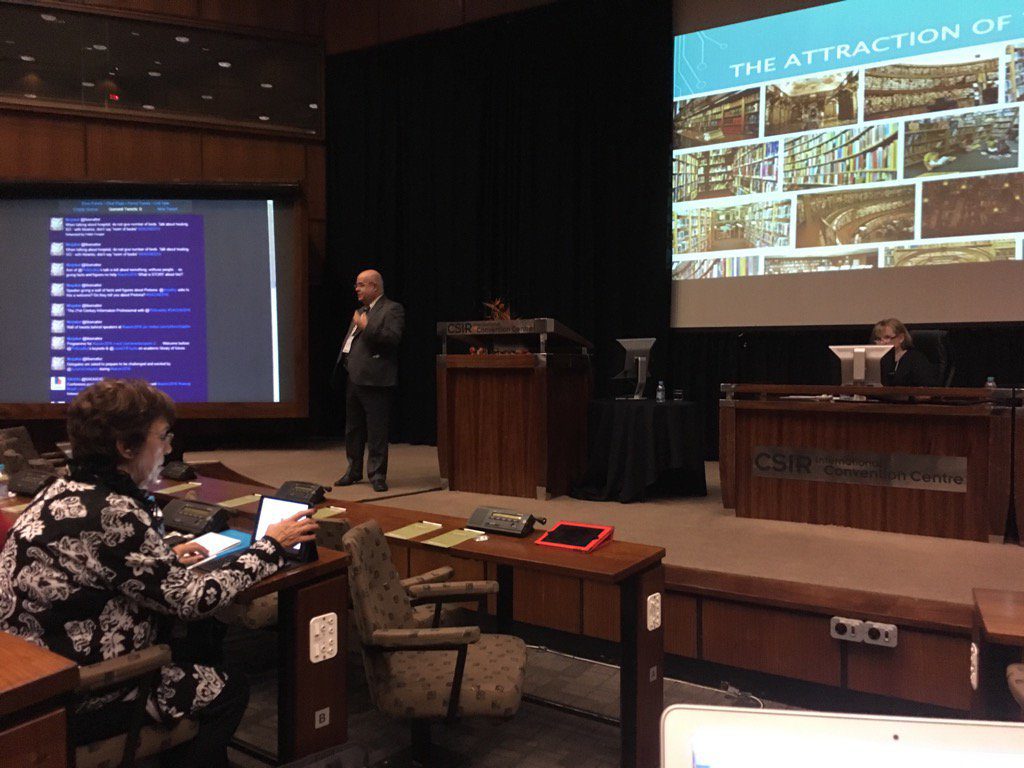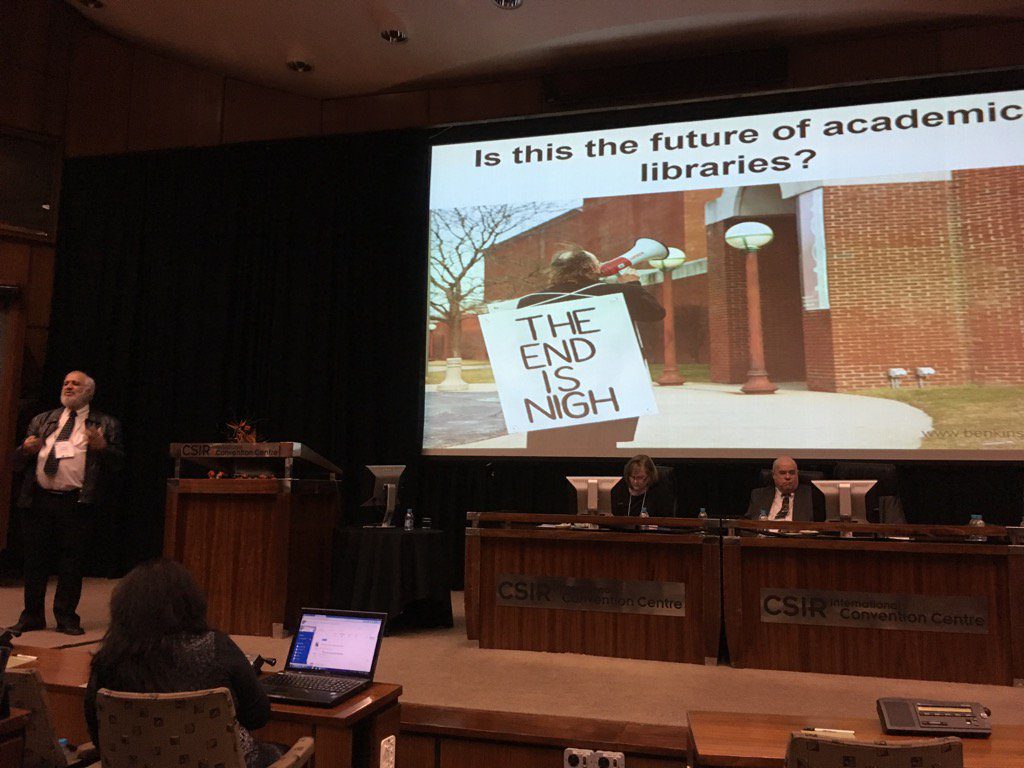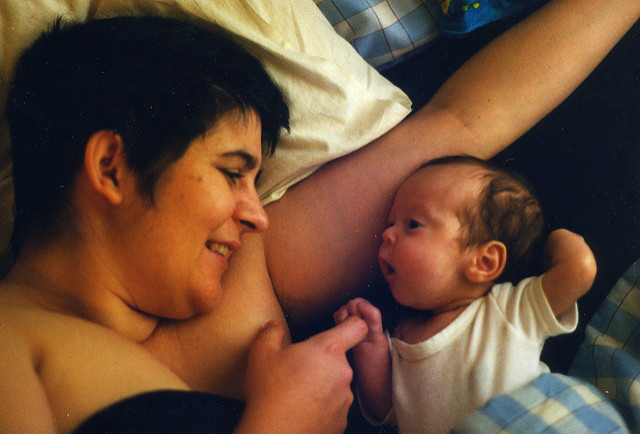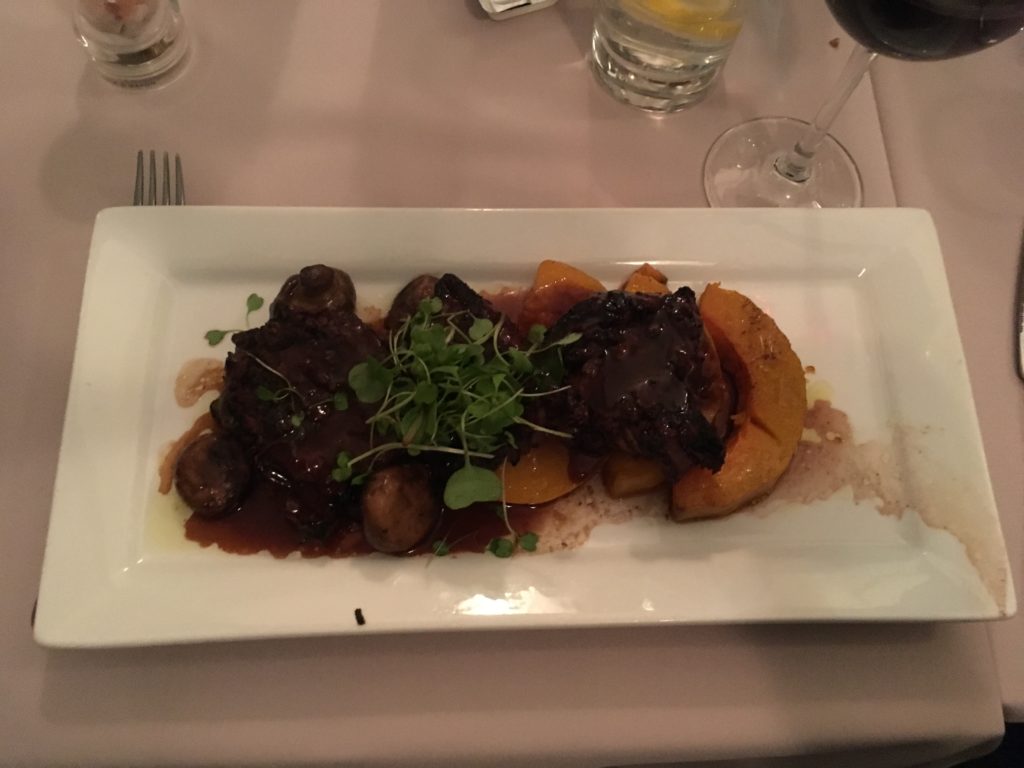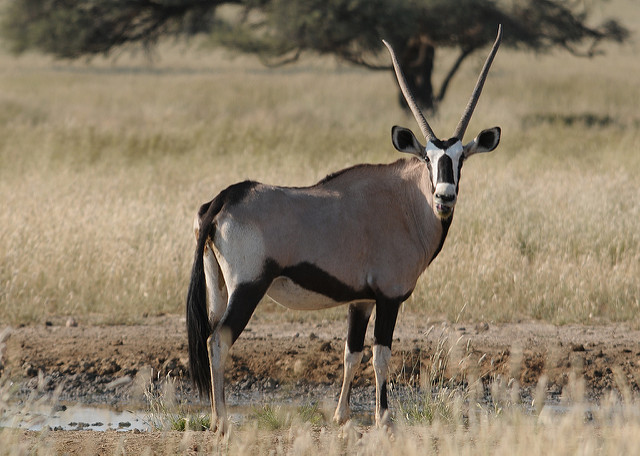I won’t be in Perth for this, but you should go ahead and pay just $75 for an excellent day of Professional Development …
Registrations are now open for the ALIA WA Symposium 2016. All library and information professionals are invited to attend this full day PD event. Hear about and discuss some of the exciting ideas and activities that are happening in the WA library community under the theme of ‘The Unexpected’
The Symposium will be based on a ‘flipped’ conference model to encourage discourse and ideas. Papers will be provided to participants before the event to read and form ideas, opinions and questions. On the day of the Symposium, each speaker will give a short recap of their topic and a facilitated panel will be used to discuss the content.
Keynote Speakers
Megan Rosenbloom, recently named as one of ALA’s Movers and Shakers of 2016, Megan is the Associate Director for Collection Resources at the Norris Medical Library of the University of Southern California in Los Angeles. Megan has served on the editorial boards of the Journal of the Medical Library Association, and the Archivists & Librarians in the History of the Health Sciences. Megan is also actively involved in a number of ways in the Medical Library Association. Megan is the director and co-founder of Death Salon, events that bring together intellectuals and independent thinkers engaged in the exploration of our shared mortality by sharing knowledge and art. Megan is member of the multi-disciplinary team ‘The Anthropodomermic Book Project’, which is working toward identifying and scientifically test, the world’s alleged books bound in human skin.
Dr. Jack Sargeant is a writer specialising in cult, underground and independent films, as well as subcultures, true crime, and other aspects of the unusual. In addition, he is a film programmer and an academic. Jack has written and contributed to numerous books on underground film, including ‘Deathtripping: The Cinema of Transgression’. The book is about Cinema of Transgression filmmakers, such as Richard Kern and Nick Zedd, Naked Lens: Beat Cinema, and Cinema Contra Cinema, a collection of essays on alternative film. Since 2008 he has been Program Director for the Revelation Perth International Film Festival.
For full details of speakers on the day please see the ALIA West blog http://aliawestbiblia.blogspot.com.au/
When: Friday 15 July, 2016
Time: 9.30am-4.30pm
Where: Curtin University: Curtin University eLearning room (under Curtin Library) Building 105.107
Costs:
ALIA Member – $75.00
Non ALIA Member – $100.00
Student – $50.00
Morning and afternoon tea, and lunch will be provided.
Registrations are open now: https://www.regonline.com.au/aliawasymposium2016
Registrations close Friday 8th July, 2016

